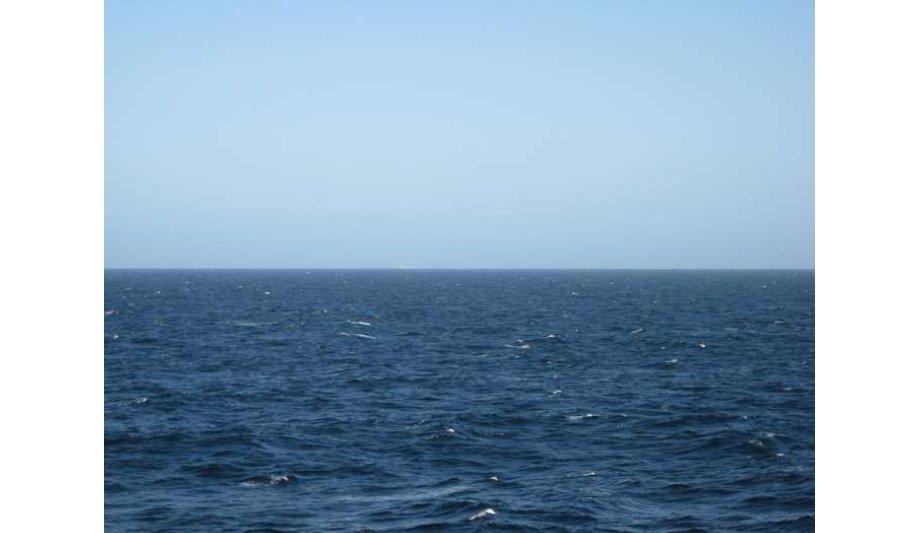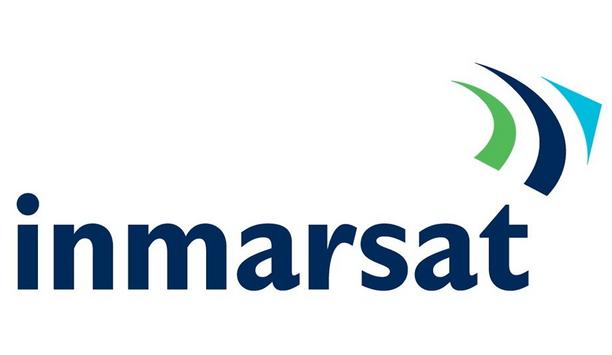The Norwegian Shipowners Association follows the development of the Corona virus (COVID-19) closely and has a good dialogue with its members, and other actors about the situation. A large number of people in China and elsewhere in the world have been infected, and more than 600 deaths have been reported.
COVID-19 implications for shipping industry
Norwegian shipping companies operate all over the world and are thus, directly affected by the development
Norwegian shipping companies operate all over the world and are thus, directly affected by the development. So far, ports in China, except for Wuhan, have not been closed due to the virus, but delays are reported. It is also difficult for the shipping companies to carry out crew changes, repairs on ships and follow-up contracts in China.
The COVID-19 virus has already had major consequences for the Chinese economy and these will naturally affect shipping, but it is too early to say what long-term consequences it will have for Norwegian shipping companies.
Origins of the Corona virus (COVID-19)
The Corona virus originated from a meat market in the city of Wuhan, in the Hubei Province in China. Currently, nearly 30 000 persons have been infected globally by the virus and almost 600 persons are reported to have died from the virus effects. All excepting one death have occurred in China. Both these figures are expected to rise.
The global economic implications of the spread of the COVID-19 virus are already being felt by the shipping industry. Many factories, offices and shops in China remain closed, due to the spread of the virus. This will impact import and export out of the country. The Chinese central bank has pumped 22 billion dollars into the economy to ensure liquidity, but the larger consequences are already felt globally.
Practical consequences of COVID-19 (Corona virus) on shipping include:
- All Chinese ports are reportedly open, except for Wuhan port, which is an inland port.
- There are reports in delays at ports in China. Ships calling to a Chinese port may be delayed.
- A large number of ports around the world have introduced fever screening of crew arriving from a Chinese port.
- If infection is suspected on board the ship, alert port authority prior to the port call, so as to ensure that proper measures can be put in place.
- Cruise ships have been quarantined, but there are no reports of other types of vessels having been put in quarantine, due to the virus.
- Several airlines have halted their flights to mainland China, making it difficult to follow up on contracts in mainland China.
Advice for crew on vessels making port calls in affected areas is to:
- Take care to reduce the possibility of the spread of any virus, by washing hands and use of masks.
- Minimise interpersonal exchanges at the port and disembarking the vessel only when necessary.
- Alerting the authorities, if COVID-19 virus infection is suspected on board.
- Crew change in affected areas should be carefully assessed.










